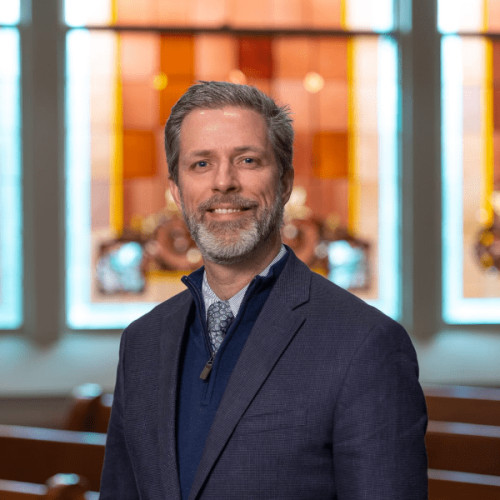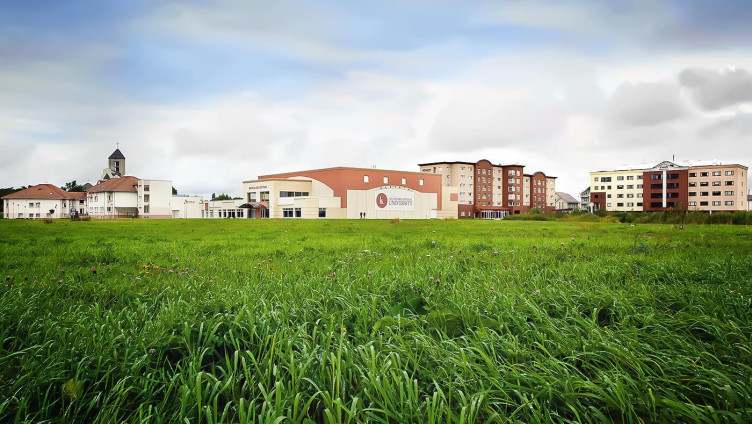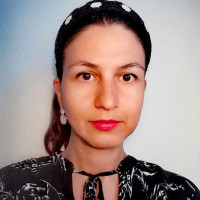
“WELCOME FROM THE DIRECTOR”
Greetings! We’re glad for your visit to our webpage. The Institute for Philanthropy and Civil Society, founded in 2013 and the first of its kind in Lithuania, exists to research and promote the love and service of our neighbors and communities. We are building a research agenda with fellows and partner universities in the multidisciplinary study of the philanthropic sector. We also conduct events on campus to promote philanthropic understanding and action among students. This dual emphasis supports LCC’s desire to be a flourishing academic community rooted in Christian faith that produces graduates who serve society.
I would be glad to talk with you further about the Institute and your interests.
Dr. Andrew Williams
Director, Institute for Philanthropy and Civil Society



